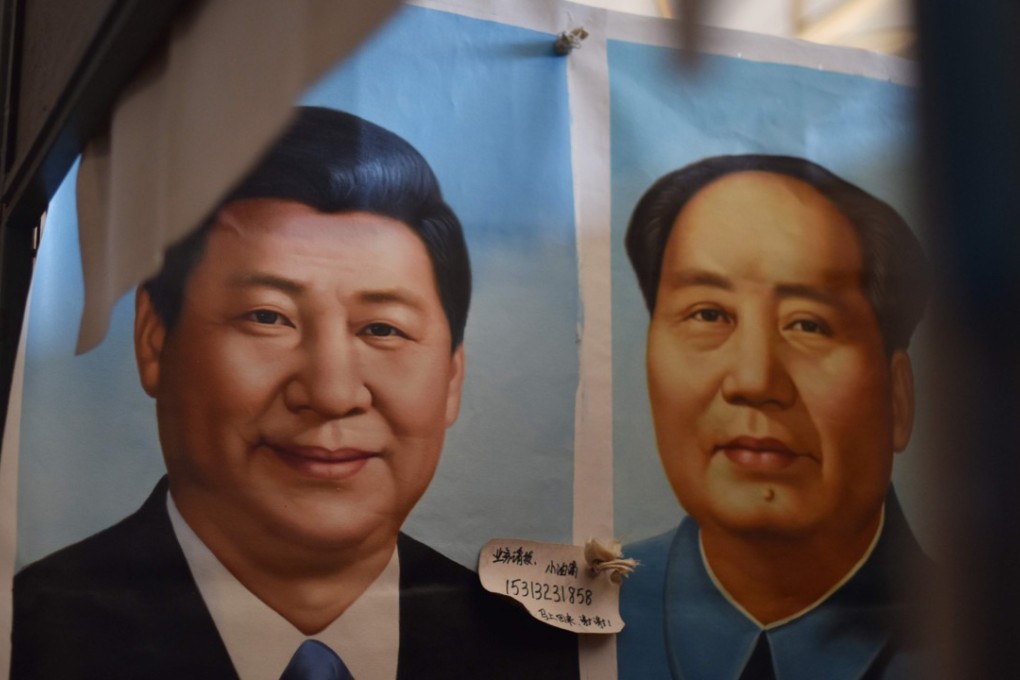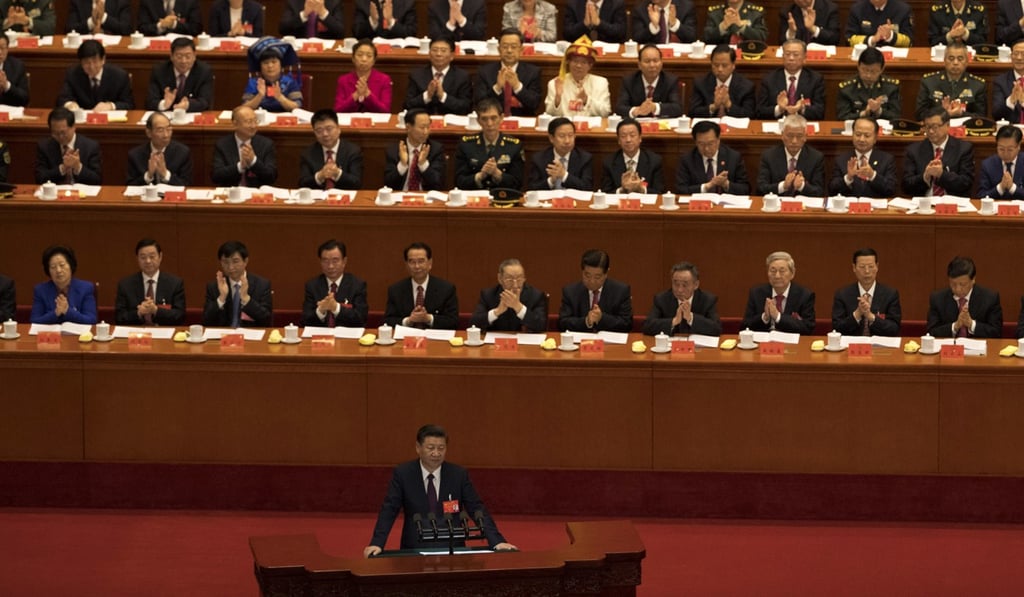Sino File | The flaws in Xi Jinping’s no designated successor gambit
The decision means Chinese politics will become more uncertain and unpredictable in future as internal power struggles intensify

Five years ago when China completed its once-a-decade power transition from the president-premier combination of Hu Jintao and Wen Jiabao to the current Xi Jinping-Li Keqiang leadership at the 18th congress of the ruling Communist Party, state media scrambled to trumpet the country’s power succession system.
Calling it similar to the historical “abdication system” – under which China’s emperors voluntarily handed power to chosen members of the next generation, an article in the party magazine Seeking Truth said the system had proved more successful than the democratic one of developed nations, which was flawed by frequent changes of leader and ruling parties, and was superior to the hereditary rule of developing nations in the Middle East and Africa, which featured lifelong tenure.
However, the just-concluded 19th party congress has declared the death of this system, with Xi Jinping not following tradition by naming possible successors to the Politburo Standing Committee, the innermost circle of power. There was no indication about any alternative option, and many observers believed the change opened the door to the possible resumption of “lifelong tenure” for Xi, a system last seen under Mao Zedong’s rule.

Under the accepted arrangement, two designated successors, former Guangdong party chief Hu Chunhua and Chongqing party boss Sun Zhengcai, should have been elevated to the Politburo Standing Committee to prepare them to succeed Xi and Li at the 20th party congress in 2022. The two were both born in the 1960s, making them eligible to take up two five-year tenures at the helm in 2022, as party rules set a compulsory retirement age of 68.
However, Hu remains in the lower-ranking Politburo while Sun was ousted abruptly just before the congress.
Besides Hu, there are two other Politburo members who were born in the 1960s – Chen Miner and Ding Xuexiang, both close allies of Xi. However, it would still be a break from established practice if they were selected to succeed Xi and Li at the 20th congress, as such an arrangement would exclude them from a well-prepared five-year apprenticeship in the standing committee. Xi and Li joined the standing committee in 2007, before their rise to the top in 2012. Before them, Hu Jintao and Wen served on the committee before succeeding Jiang and Zhu Rongji, the premier.
